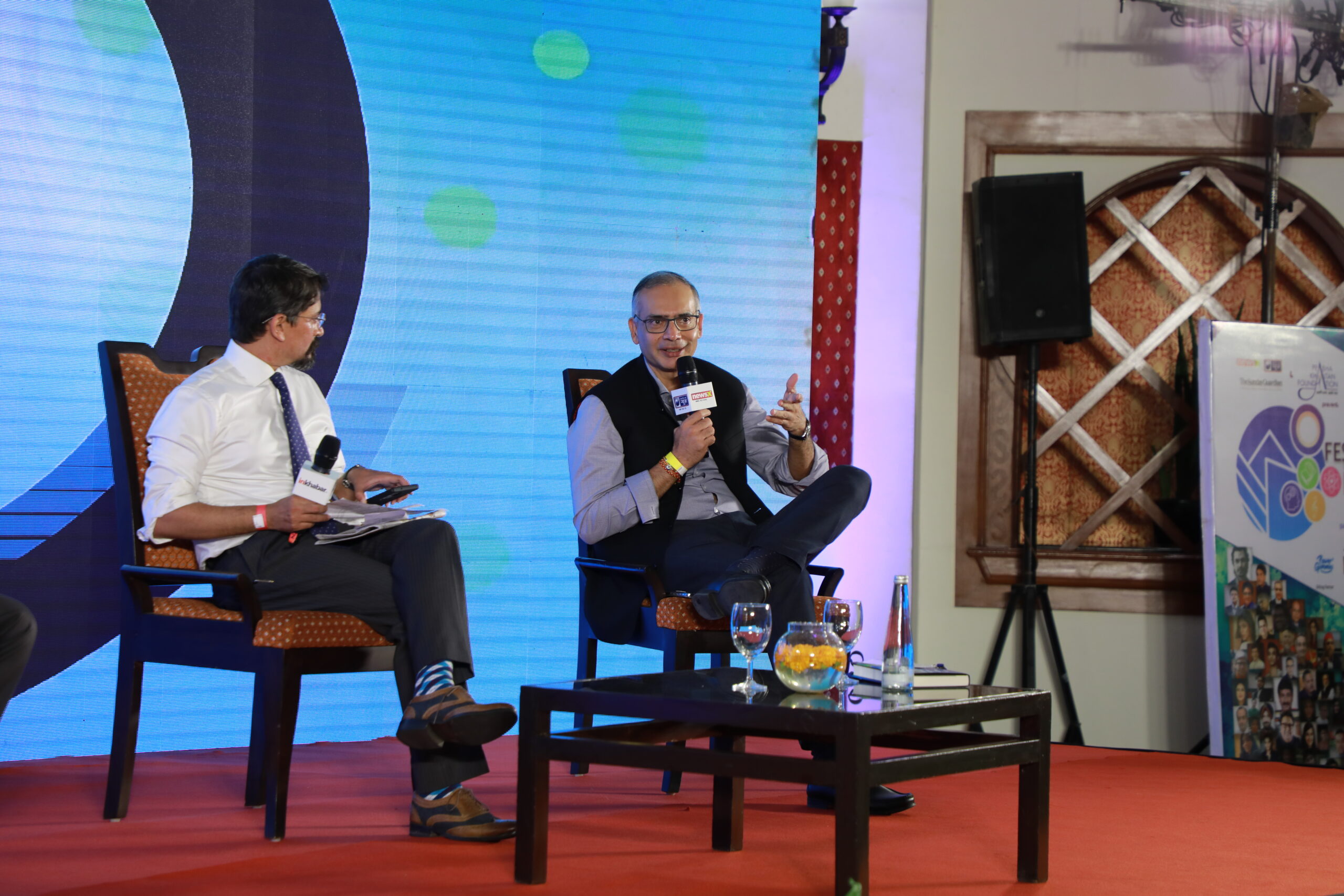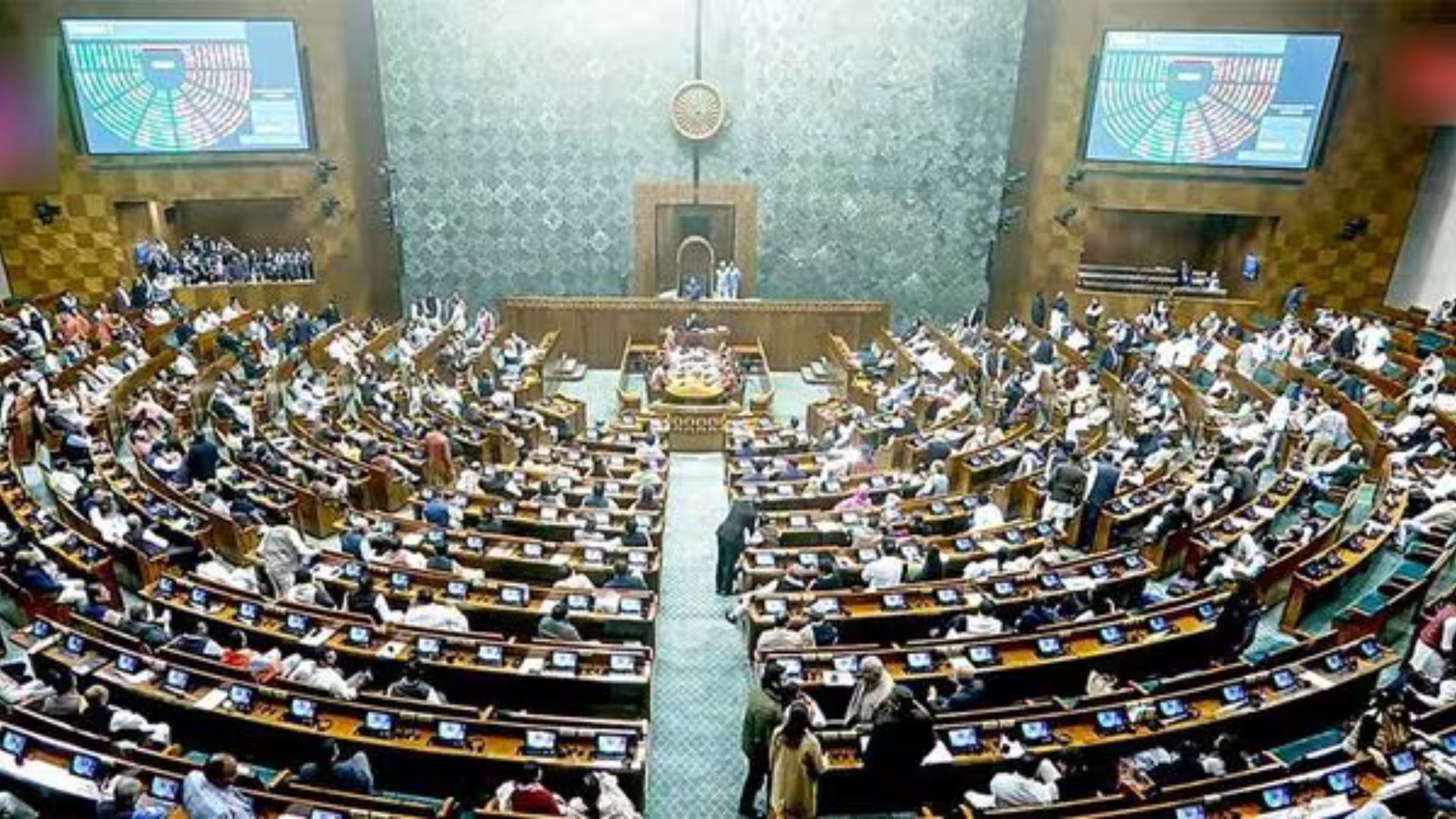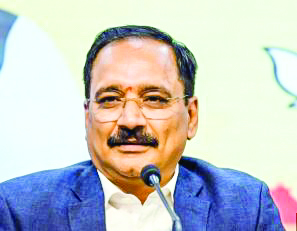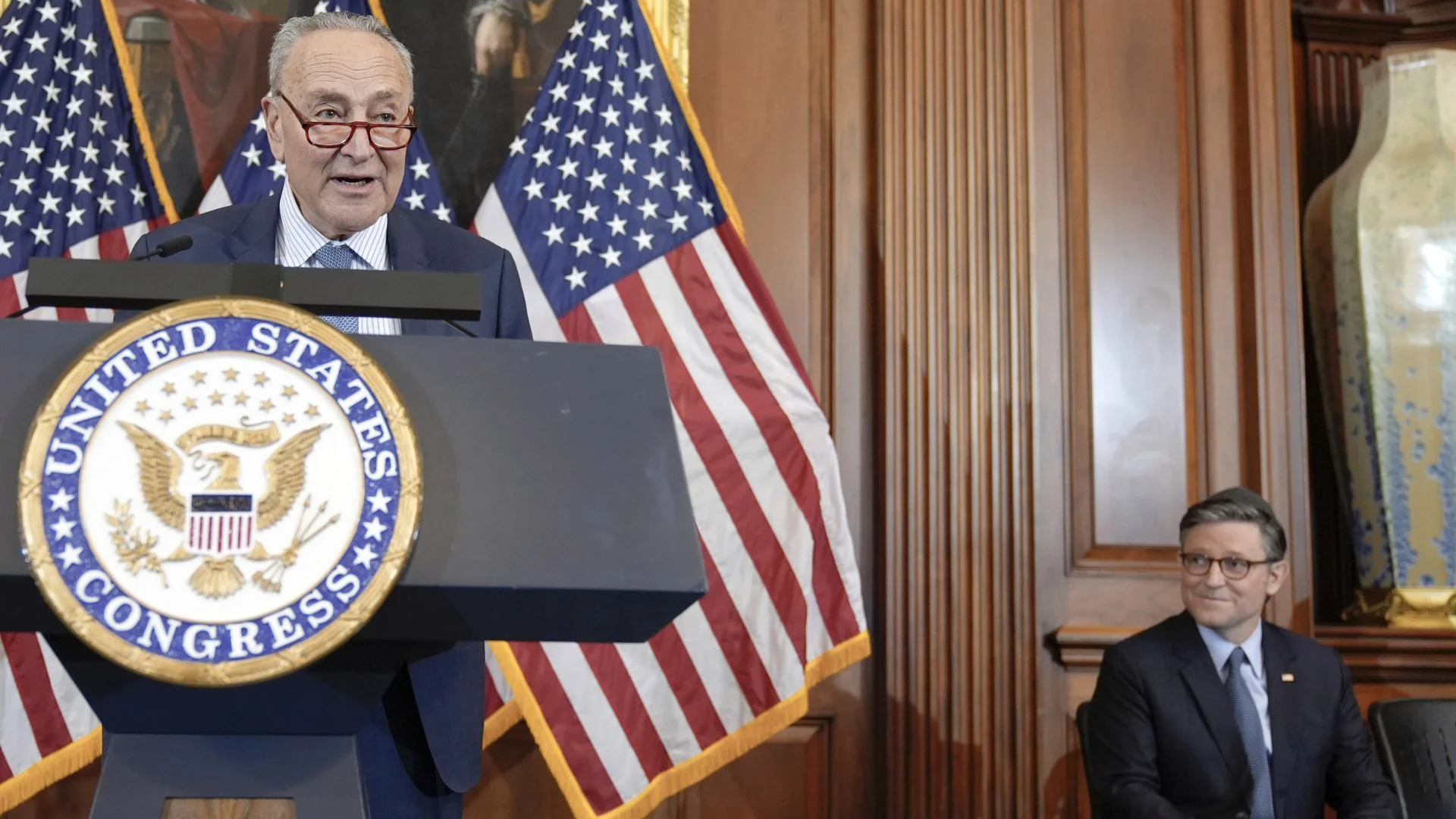
That ‘necessity is the mother of invention’ is now an old adage. That curiosity is the trigger for a startup, is now an accepted idea but there is no best one way to embark on a start-up, said Deep Kalra, Founder and Chairman, MakeMyTrip, while sharing his thoughts on ‘What makes a successful startup’, in the Festival Of Ideas event presented by the iTV Media Group and Prabha Khaitan Foundation on Thursday.
“I never thought of business; I had a service background,” said Kalra who believes there is one set of formula. The best entrepreneurs in the world didn’t even finish college. They had conviction in their ideas, confidence in their product,” said Kalra. “The cause of doing my own thing was the coming of Internet.” There are two kinds of entrepreneurs. One who come with high opportunity costs – the trappings of a good job. The drive has to be enough. The second type are those who have no option, they are meant to be an entrepreneur. They don’t want to go through study, college and job.
Kalra pointed out that techies today come with a lot of confidence about the technical skills and the technology solution they want to develop. “They probably start building it up in college and it is fine to then launch a company and learn along the way. The challenge comes when you want to scale up. Attracting talent building, cadres building will come through job experience,” said Kalra. Going ahead, management skills, finance, marketing etc will require a few years of work, suggested Kalra. “An airy notion of wanting to do something will not do. The idea has to be a sharp idea, has to be problem solver and that I will do it better than anyone else, not only in India but across then world,” added Kalra.
Those who come with experience of working in an organisation tend to be more successful than others who come with great ideas and ideas without the hands and feet, said Pranjal Sharma, author of the ‘Next New’. According to Sharma, what a young entrepreneur should set out to do is identify the exciting new areas – cyber security, highways, space tech, drone and agritech which has not faced winter funding. See the areas that are growing the most fantastic and have the highest growth margins.
India’s success in evolving a start-up ecosystem has coincided with the country experiencing a digital revolution not seen before, marked by the drive provided by the state and not the private sector, as panelists brought out in a session on ‘India’s tech Age’. What is also unique about India’s digital revolution is that it cuts across two distinct political regimes in the country. The country’s 73 per cent of non-retail cash transactions are through UPI. “Today there is an online revolution in the country, and payments are done through mobile, so you do not need to go to the bank.” said Tina Kapoor Sharma, National Advisor Public Policy, MSME.















